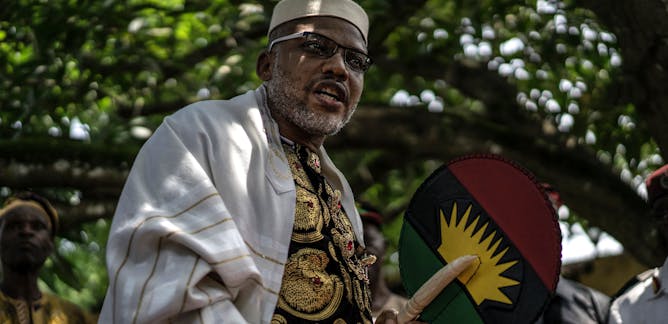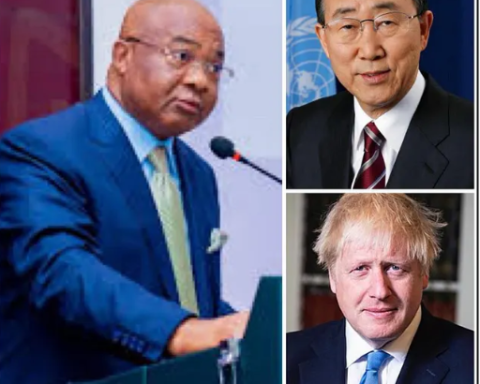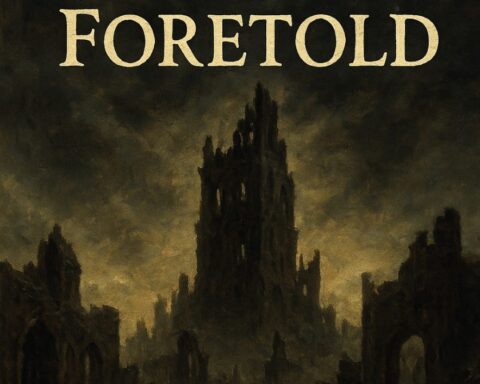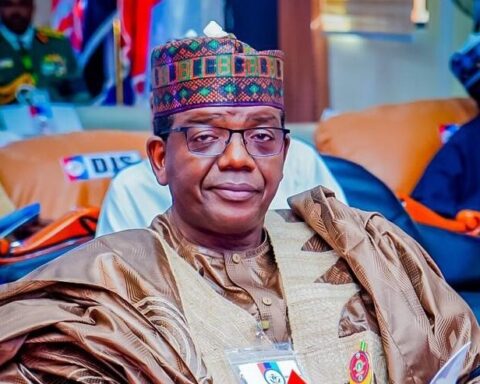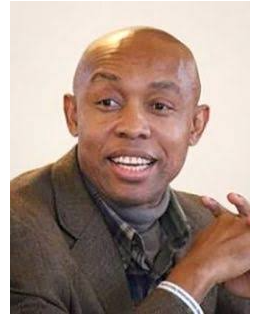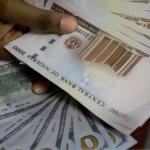By Agbeze Ireke Kalu Onuma, AI-KO
Nnamdi Kanu’s continued incarceration is not merely a case docket number in a crowded courtroom; it is the physical manifestation of a suffocating silence imposed upon a collective psyche. It is the echo of a voice, once amplified, now confined, and in that confinement, the deafening quiet has become a roaring testament to a profound national ailment. This is not just about a man; it is a diagnostic of a democracy struggling with its own conscience, a story of what happens when a people’s cry is met not with dialogue, but with the cold steel of a dungeon door.
The Unhealed Wound and the Reluctant Surgeon
For the Igbo and other marginalized groups in Nigeria, history is not a linear progression but a cyclical return to a site of injury. The wounds of the past – the pogroms, the civil war, and the subsequent decades of structural diminishment – were never sutured with genuine reconciliation or equitable power-sharing. Instead, they were merely covered with the thin gauze of political appeasement, festering beneath the surface of a forced unity. Nnamdi Kanu, for all the controversy he embodies, did not create this wound; he became the scalpel that picked at its infected scab. His emergence through Radio Biafra was a symptom, not the disease. He gave a microphone to a generation nursing a inherited grief, articulating the raw, unfiltered pain of those who feel like tenants in their own homeland. To focus solely on his methods – however incendiary – is to ignore the diagnosis while condemning the fever.
The Paradox of Voice and the Illegality of Silence
Kanu’s ascent was a classic case of a vacuum begging to be filled. When formal channels of political representation – elected officials, traditional institutions – fail to articulate or redress foundational grievances, they create a space for alternative, often radical, voices. He stepped into this void of political legitimacy. His arrest in Kenya, a flagrant violation of international extradition protocols, was not a masterstroke of law enforcement but a perilous precedent. It signaled that the state, when confronted with a voice it disliked, could circumvent its own laws and international norms. This is where the legal case transcends Kanu: when the judiciary, the last resort of the common citizen, issues orders for his release and the state brazenly disregards them, it is not just a man being imprisoned, but the very concept of the Rule of Law being taken hostage. The message is chilling: the law is not a shield for all, but a weapon for some.
The Deafening Silence of the Corridors of Power
In the immediate aftermath of his detention, the silence from the traditional power brokers within the Igbo sociopolitical sphere was, for many, more painful than the act of incarceration itself. Where were the voices that had sworn to protect their people’s interests? This silence was not neutral; it was complicit. It was a silence born of a calculus that weighed political survival against moral courage, a calculus that too often concluded that the price of speaking truth was too high. This historical timidity stands in stark contrast to the defiant legacies of figures like Dr. Akanu Ibiam, who stood for principle over privilege. The recent, albeit belated, calls for his release from figures like Jonathan, Atiku, and Sowore, while welcome, underscore the initial failure. They are akin to applying a bandage after the patient has already lost a critical amount of blood – a necessary but tragically delayed intervention.
The New Chorus: Reclaiming the Narrative from the Grassroots
Yet, nature and politics abhor a vacuum. As the established political class faltered, a new, organic movement has begun to stir from the soil of grassroots discontent. The planned protests, championed by the Igbo Women Assembly and youth groups, are not merely about securing one man’s freedom. They are a profound act of political self-determination. They are declaring, with quiet resolve, that if the titled leaders will not lead, the people will lead themselves. This is the most significant development in the saga: the reclamation of agency. It is a demand for a Nigeria that operates not on a hierarchy of ethnicities, but on a foundation of equal citizenship. They are arguing, powerfully, that a peace sustained by injustice is not peace at all, but a dormant conflict.
Conclusion: The Soul of a Nation in the Balance
Nnamdi Kanu in DSS custody is a metaphor for a nation holding its own soul hostage. His continued detention, in defiance of the courts, is a stark illustration of a two-tiered justice system: one for the powerful and connected, and another for the politically inconvenient. A democracy that selectively applies its own laws is a democracy in name only.
This is not a call for secession, but a plea for a more perfect union. It is a demand for a Nigeria where every citizen, regardless of origin, can stand with the unshakeable belief that their voice matters and their person is protected by an impartial law. To free Nnamdi Kanu, in compliance with court orders, and to courageously address the legitimate grievances he channeled, is not to endorse his ideology. It is to endorse the principles of justice, dialogue, and inclusive nation-building. Until then, the silence in his cell will continue to scream, a damning indictment of a nation still struggling to find its voice.
Follow us on all social media platforms @dailyquery for news and analyses around the globe.
